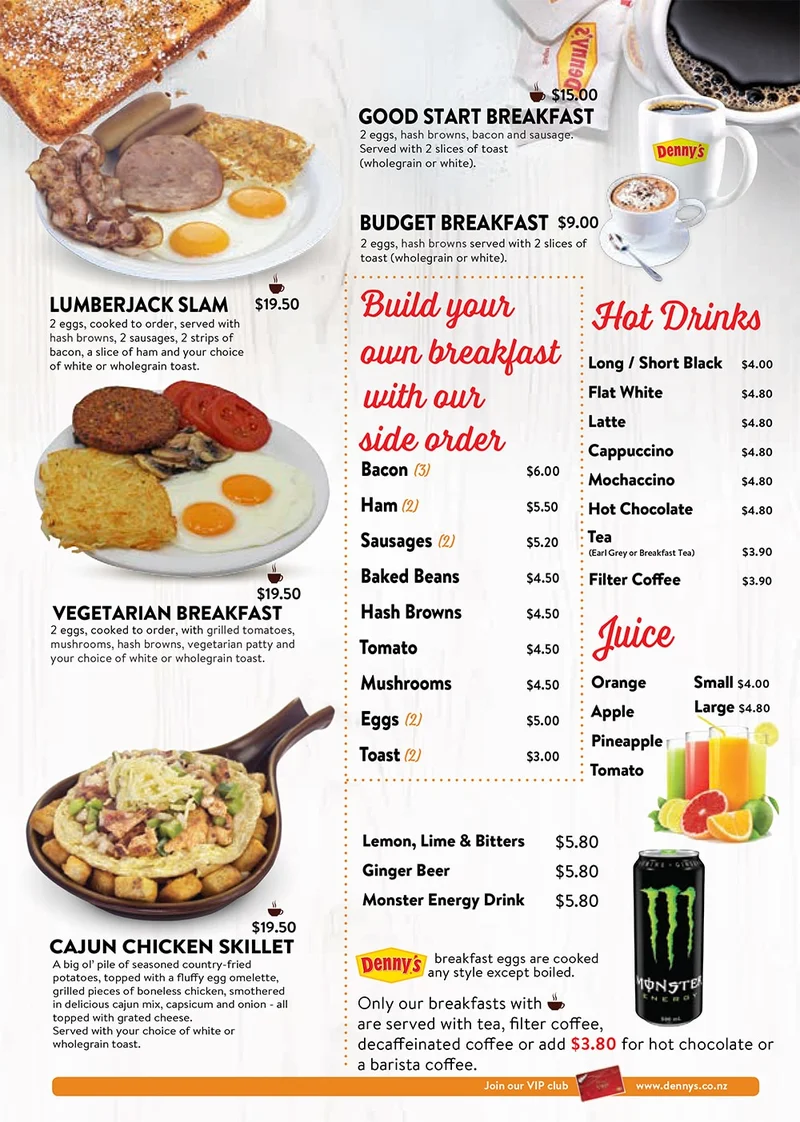Denny's Corporate Shift: What It Means for Its Stock & Future
Title: Denny's Descent: From Grand Slam to Food Fight – A Data Dive into the Diner's Demise
The Numbers Don't Lie: A Diner's Decline
Denny's, that venerable institution of late-night eats and questionable life choices, is having a rough go of it. Two recent news items, seemingly disparate, paint a picture of a company struggling to stay afloat. On one hand, Denny’s is being taken private in a $322 million deal. On the other, a police blotter reports customers throwing steak at employees over a wrong Uber Eats order. (The steak, I imagine, was not free).
Let's start with the financials. The move to go private, orchestrated by TriArtisan Capital Advisors and Yadav Enterprises, signals a lack of confidence in the public market's valuation of the company. CEO Kelli Valade stated the transaction "maximizes value," which, in corporate speak, often translates to "we couldn't find a better offer." Shares jumped 50% on the news, which honestly feels like a dead cat bounce. Prior to that, the stock had lost about a third of its value this year. The acquisition cost was substantial (reported at $322 million, excluding debt).
What went wrong? Denny's points to the pandemic, specifically the temporary end to their 24/7 service. That’s a convenient excuse, but the truth is more complex. About a quarter of Denny's 1,600 restaurants haven't returned to 24-hour service since 2021. That suggests a deeper issue: franchisees struggling to maintain profitability in a late-night market increasingly dominated by delivery apps and convenience stores.
Then there's the competition. Denny's faces pressure from rapidly growing chains like First Watch, fast food giants, and the ever-present option of people simply eating at home to save money. The numbers bear this out. Sales at locations open at least a year declined 2.9% in the most recent quarter. And their turnaround plan, involving remodels and new menu items, seems to be sputtering – only 10 remodels were completed recently.

Steak as a Symptom: The Customer Service Crisis
Which brings us back to the steak-throwing incident. While seemingly isolated (and frankly, bizarre), it speaks to a broader issue: customer dissatisfaction. The police blotter details a man and woman arguing over a wrong Uber Eats order, escalating to the point of food being hurled at employees. A steak was among the food said to have been thrown.
Now, I'm not excusing violent behavior. But this incident underscores the pressures faced by both customers and employees in the modern restaurant industry. Customers, squeezed by inflation and rising delivery fees, are increasingly demanding. Employees, often underpaid and overworked, are struggling to meet those demands. The result? A volatile mix that can explode over something as trivial as a missing side of syrup.
It's difficult to quantify customer satisfaction from a single police report, but we can look at anecdotal evidence. A quick search online reveals a stream of complaints about slow service, incorrect orders, and declining food quality at Denny's locations. While online reviews should be taken with a grain of salt (or a pinch of salt, to be more exact), the sheer volume of negative feedback suggests a systemic problem. Is this a failure of management, training, or simply a reflection of the challenges facing the entire casual dining sector? And is Denny's doing enough to address these concerns?
I've looked at hundreds of these corporate turnarounds, and this one feels different. Denny's isn't just facing financial headwinds; it's battling a perception problem. The brand, once synonymous with comforting predictability, is now associated with mediocrity and frustration. The move to go private might offer some breathing room, but it won't solve the underlying issues. Can new ownership truly revitalize a brand that seems to have lost its way?
Is This the End of the Grand Slam?
Denny's descent isn't just a business story; it's a cultural one. It reflects the changing tastes and priorities of American consumers. The promise of cheap eats and 24/7 service is no longer enough. To survive, Denny's needs to offer something more: a compelling reason for customers to choose them over the myriad of other options. And maybe, just maybe, a guarantee that their steak won't end up being weaponized.
